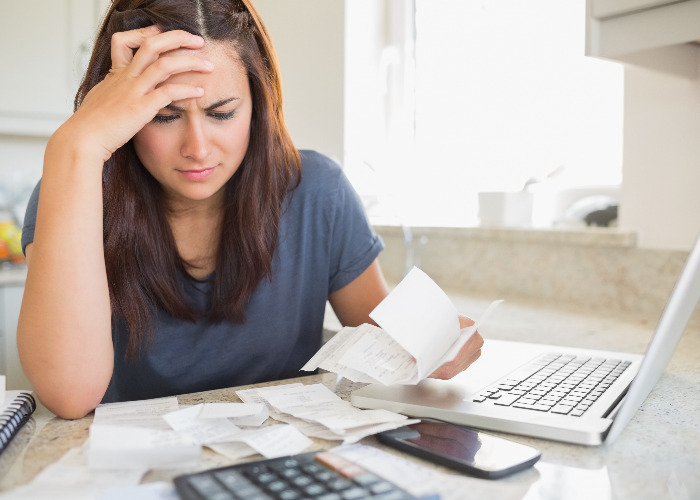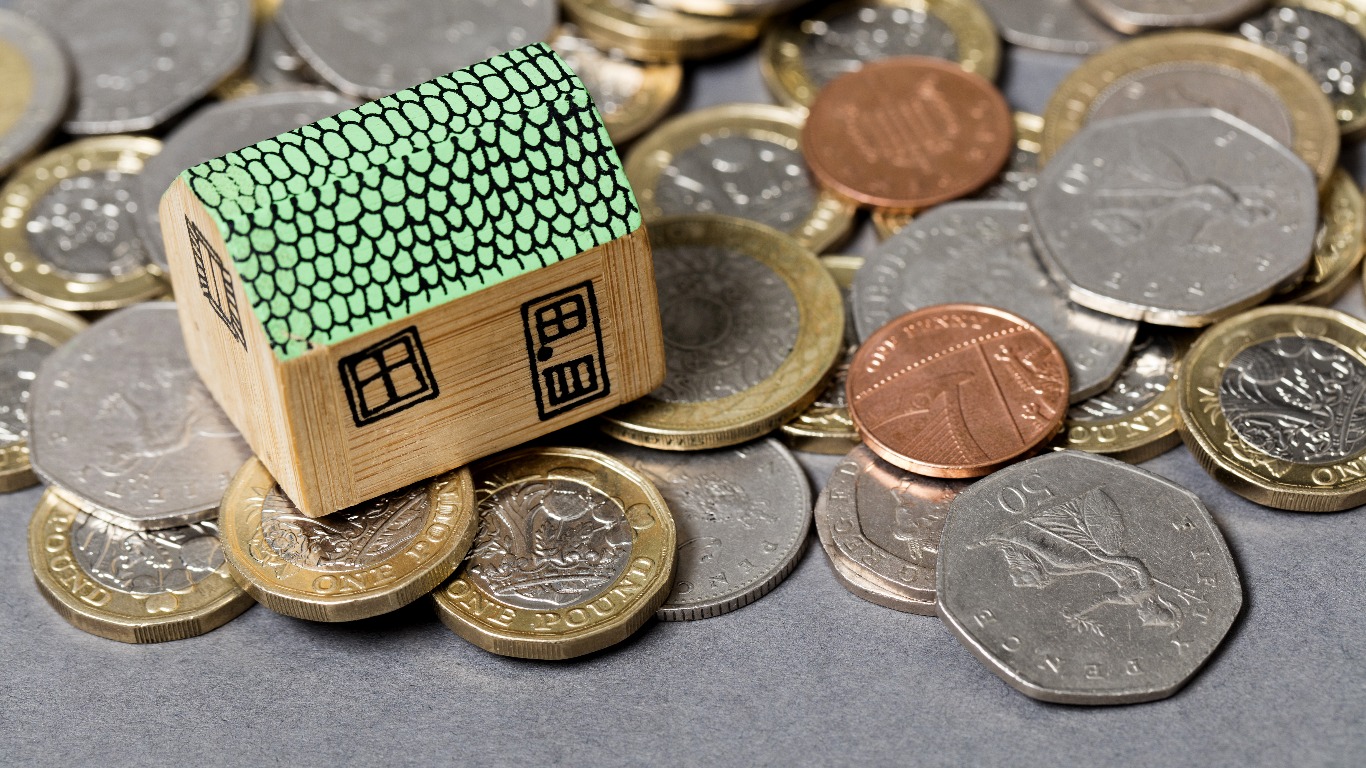Flights, fuel, houses, clothes: the prices that will rise and fall after lockdown ends

The prices we pay for things like flights and fuel will be impacted long after the lockdown is removed.
We are almost a month into lockdown currently, with the measures set to be extended further.
Yet inevitably thoughts are already turning to what the world will be like when the measures are lifted, even if this is only on a phased basis.
We are already seeing some nations start to lift their own lockdown rules.
In Austria for example, public parks, small shops and gardening supply stores have reopened, with strict social distancing rules in place, with further stores and restaurants due to reopen by mid-May if the virus remains under control.
We don’t know precisely how things will be eased here in the UK yet, but there are already signs of how the prices of some items and services are likely to change as we get back to the new normal.
Flights: pricier
Unsurprisingly, the airline industry has taken an enormous hit as a result of the pandemic, with thousands of flights grounded.
You might imagine that once travel is opened up again, flights will be cheaper.
After all, with would-be travellers likely to be a bit wary about getting on planes, there is a train of logic that suggests discounts would be needed to encourage them to do so.
However, travel experts speaking to the Telegraph have suggested the opposite is true. They argue that airlines are likely to be banned from selling all of the seats on their flights as a result of social distancing rules continuing.
As a result, these providers will be forced to charge much higher prices ‒ possibly even doubling them ‒ in order to maintain their pre-virus profit levels.
The source told the paper: "There are currently cheap fares available but this pricing is based on a full plane.
"The profit margin on a single seat is around £5 on average, so it is inevitable that ticket prices will have to go up to maintain this, if only a proportion of seats are allowed to be sold."
Clothes: cheaper
You may not be able to leave the house, but you will likely be able to revamp your wardrobe at a cut price.
High street retailers are understandably concerned about the effects of the lockdown on their revenues. Indeed, we have already seen some familiar names have to call in the administrators, with Oasis and Warehouse the latest victims.
And industry figures are warning that each week that the lockdown continues will mean ever bigger discounts when stores eventually do reopen.
One source told the Mail on Sunday that there were “hundreds, probably even thousands” of containers filled with clothing, footwear and accessories at big ports in the south such as Southampton and Felixstowe.
And obviously there is only a limited time in which these spring and summer lines are really going to be appropriate.
As a result, there’s a good chance that the coming weeks and months, once retailers are more operational, will see some serious clothing bargains.
Houses: cheaper

If you’re keen to move to a new house, you’re in a bit of a difficult spot at the moment.
After all, it’s not like you can book a viewing. Little wonder then that there has apparently been a big jump in ‘virtual viewings’, where homebuyers are able to take a look around a property from their own home, for example through videos on Instagram.
Nonetheless, the dramatic drop in home moves will have an impact on property prices.
According to new analysis from the Centre for Economics and Business Research (CEBR), prices will drop by 13% by the end of this year as a result of a possible recession and dwindling transaction levels.
That works out at around £30,000 on average, though it suggests landlords and homeowners in regions with the most vulnerable jobs markets will be the worst hit.
So if you happen to have a stable job in the post-lockdown world, and you’re ready to move up the property ladder, you may just be well-positioned to pick up a bargain.
Fuel: pricier (eventually)
The price of filling up at the petrol pump has crashed of late, as a direct response to the lockdown.
After all, with so many of us not leaving the house except to pick up shopping, car use is dramatically down.
According to the Government’s figures, a litre of petrol costs an average of £1.09, while diesel will set you back £1.16 currently. Compare that to the start of the year, when those figures stood at £1.26 and £1.32 respectively.
With wholesale oil prices ridiculously low, we could yet see even more savings.
Realistically, once the lockdown lifts those prices will start to increase, but it’s open to debate whether they will hit the levels seen just a few months ago any time soon.
After all, it’s likely that even with the restrictions being eased many people will still be working from home and restricting travel as much as possible.
Get the best price on petrol & diesel every time you fill up with these tips
Comments
Be the first to comment
Do you want to comment on this article? You need to be signed in for this feature